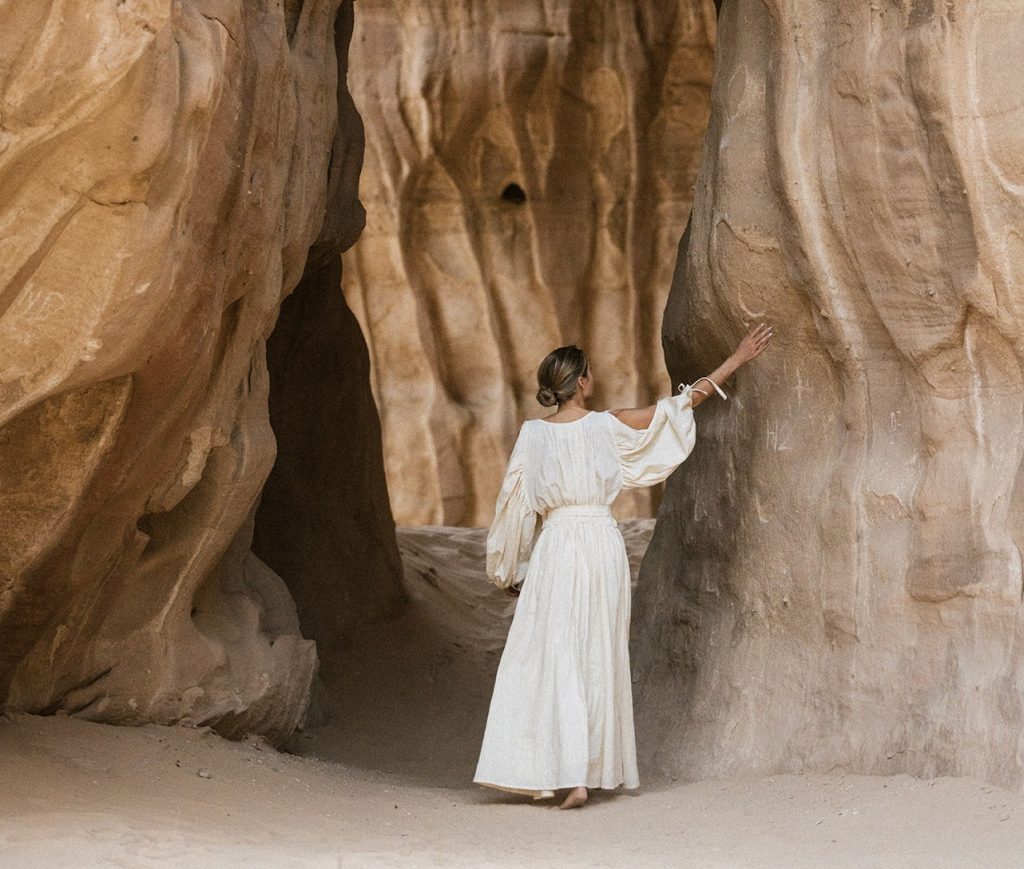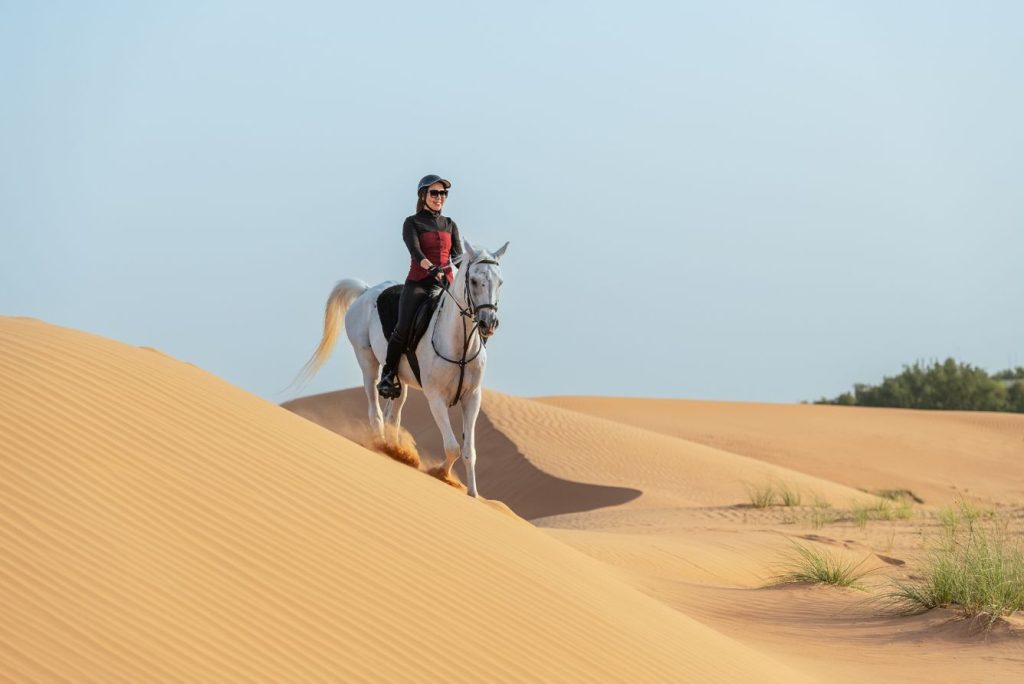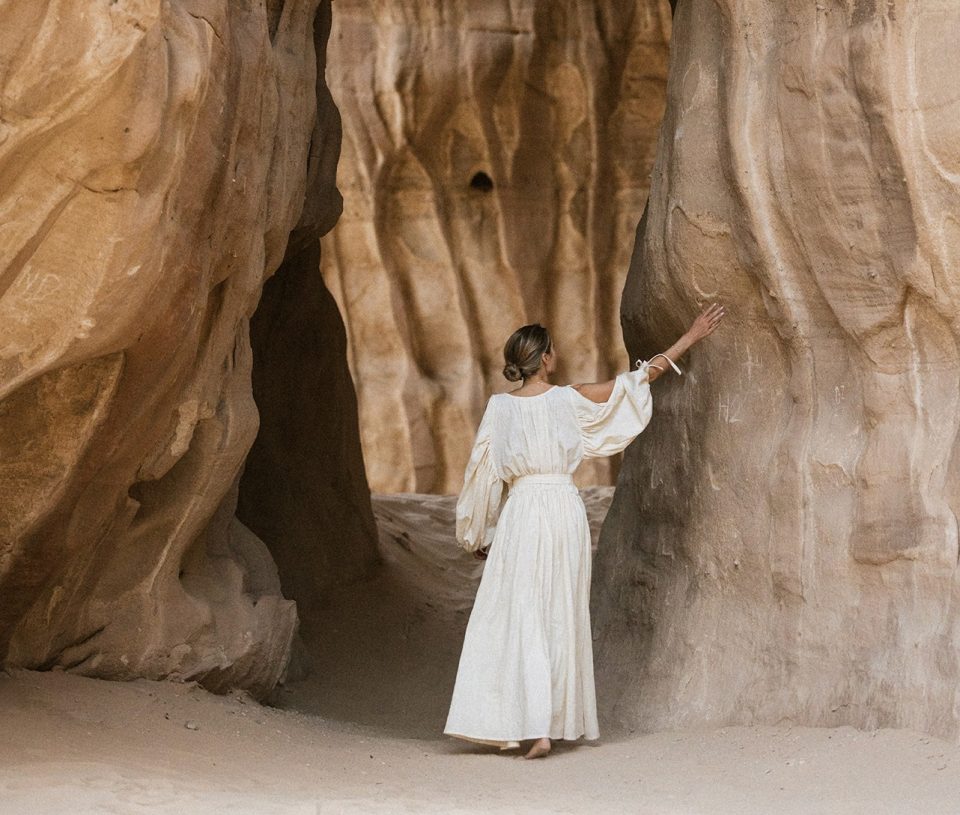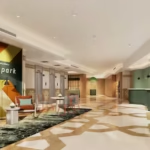Luxury travel is no longer just about five-star hotels and exclusive amenities. According to Virtuoso’s 2025 survey, 68% of luxury travellers now prioritise responsible travel, driven by global concerns such as extreme weather, overtourism, and cultural preservation.

This marks a significant shift from 55% the previous year, indicating that sustainability is now central, not peripheral, to luxury travel planning. Importantly, this is not just about sentiment, it’s translating into action. More travellers are choosing off-peak travel dates, exploring lesser-known destinations, and showing a willingness to spend more when they know their money is being used responsibly.
Responsible choices are the new standard
The desire to align travel with values is especially evident in how clients are making decisions. Virtuoso found that 42% of luxury travellers consider it very important to book with travel providers that have clear and credible sustainability policies. Meanwhile, the number of travellers who are always willing to pay more for sustainable travel jumped from just 4% to 13% in the past year.
Additionally, 59% of respondents said they are open to spending more on sustainable travel, but only if they know where that money is going. This indicates a clear appetite for transparency and proof of impact, both of which are areas where Middle East travel professionals can take the lead.
The meaning of luxury is changing
Today’s luxury traveller is not only looking for exclusivity, but also for depth, meaning, and connection. Research reveals that 77% of respondents value travel experiences that spark curiosity and discovery. For 65%, the goal is to experience joy and happiness, while 57% say that a sense of awe in nature enhances their trips the most.
This shift is moving the definition of luxury away from material excess and toward experiences that are immersive, personal, and purposeful. Space, nature, privacy, and cultural authenticity are the new pillars of high-end travel.
How the Middle East is responding
UAE: Desert luxury with a conservation focus
Destinations like the Al Maha Desert Resort are leading the way in combining luxury with environmental stewardship. Nestled within the largest ‘under-protected area management in the Gulf’ this resort in the protected desert reserve offers lavish accommodations and unique experiences demonstrating how exclusivity and sustainability can be perfectly balanced.
Saudi Arabia: Heritage at the heart of the experience

Saudi Arabia is tapping into its rich cultural and historical assets to redefine high-end tourism. For example, in Our Habitas AlUla, visitors can stay in elegant desert lodges while exploring ancient Nabataean tombs and UNESCO heritage sites. These experiences are crafted to preserve both the physical environment and the stories it holds, offering a luxury rooted in authenticity and respect for heritage.
Jordan: Authentic encounters in Wadi Rum
Jordan is also embracing this new definition of luxury. In Wadi Rum, luxury Bedouin-run camps allow guests to sleep under star-filled skies, enjoy traditional cuisine, and engage directly with local culture. These immersive experiences meet travellers’ growing appetite for authentic, responsible, and emotionally rich adventures but in a sustainable way.
Managing overtourism through smarter itineraries
Overtourism continues to be a concern, but travellers are increasingly open to counteracting it through mindful behaviour. The Virtuoso survey showed that 32% of respondents would choose alternative, less-touristy destinations over crowded hotspots.
Another 26% would opt to visit popular places during off-peak times. Plus, the percentage of travellers willing to embrace all strategies (travelling to new places, going in the low season, and paying a premium to reduce their impact) more than doubled, from 13% in 2024 to 30% this year.
This trend highlights a key opportunity for Middle East agents and operators to promote under-the-radar destinations across the region that offer space, cultural experiences, and the option to be sustainable.
Transparency is key
As clients become more discerning, transparency is becoming a non-negotiable. When travellers understand how their money benefits local communities or preserves cultural heritage, they’re more willing to spend, and more likely to return. The desire for informed travel is also increasing: a quarter of Virtuoso clients say they are more likely to make sustainable choices when guided by a professional advisor. That’s up from 16% the year before.
Opportunities for Middle East travel operators

Operators in the Middle East have an opportunity not just to recommend destinations, but to educate, build trust, and create meaningful value by guiding clients toward trips that align with their ethics and aspirations.
Travellers are rethinking what luxury means, gravitating toward experiences that connect them with nature, culture, and purpose. In the Middle East, where the balance between innovation and tradition is uniquely dynamic, travel professionals are well positioned to lead this evolution.
By curating experiences that reflect these new priorities, authenticity, environmental stewardship, heritage, and space, agencies and advisors can deliver the kind of meaningful luxury that today’s affluent travellers demand.



